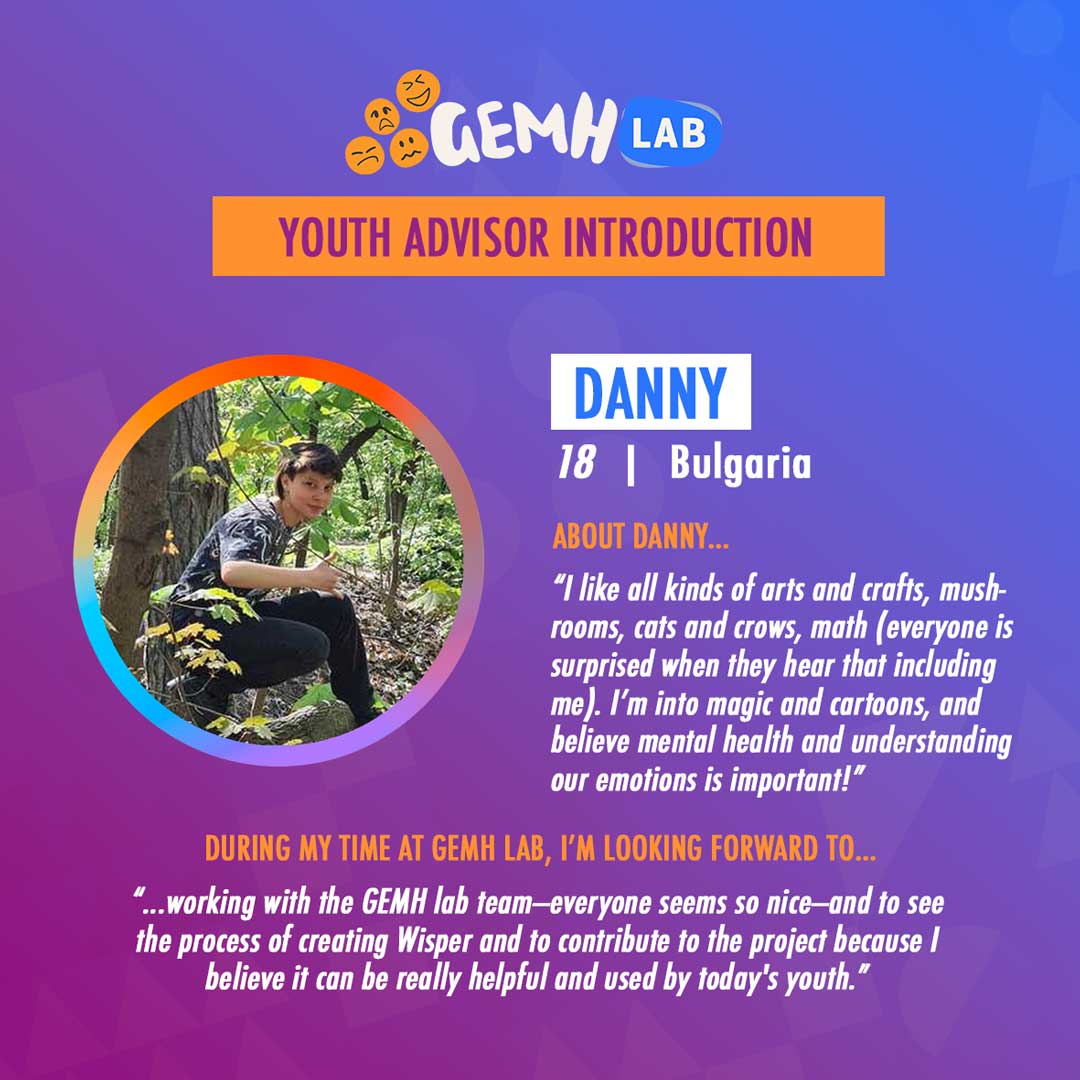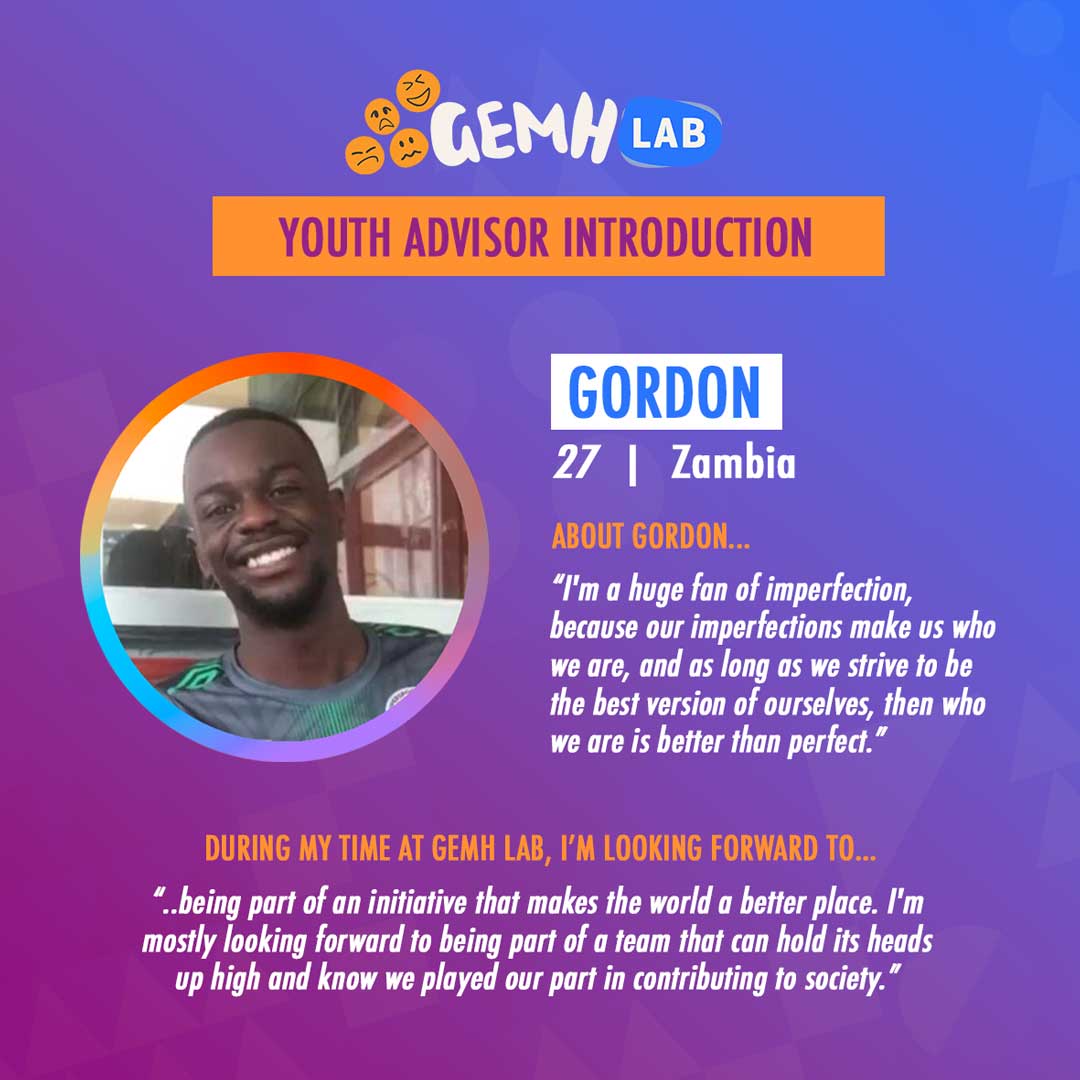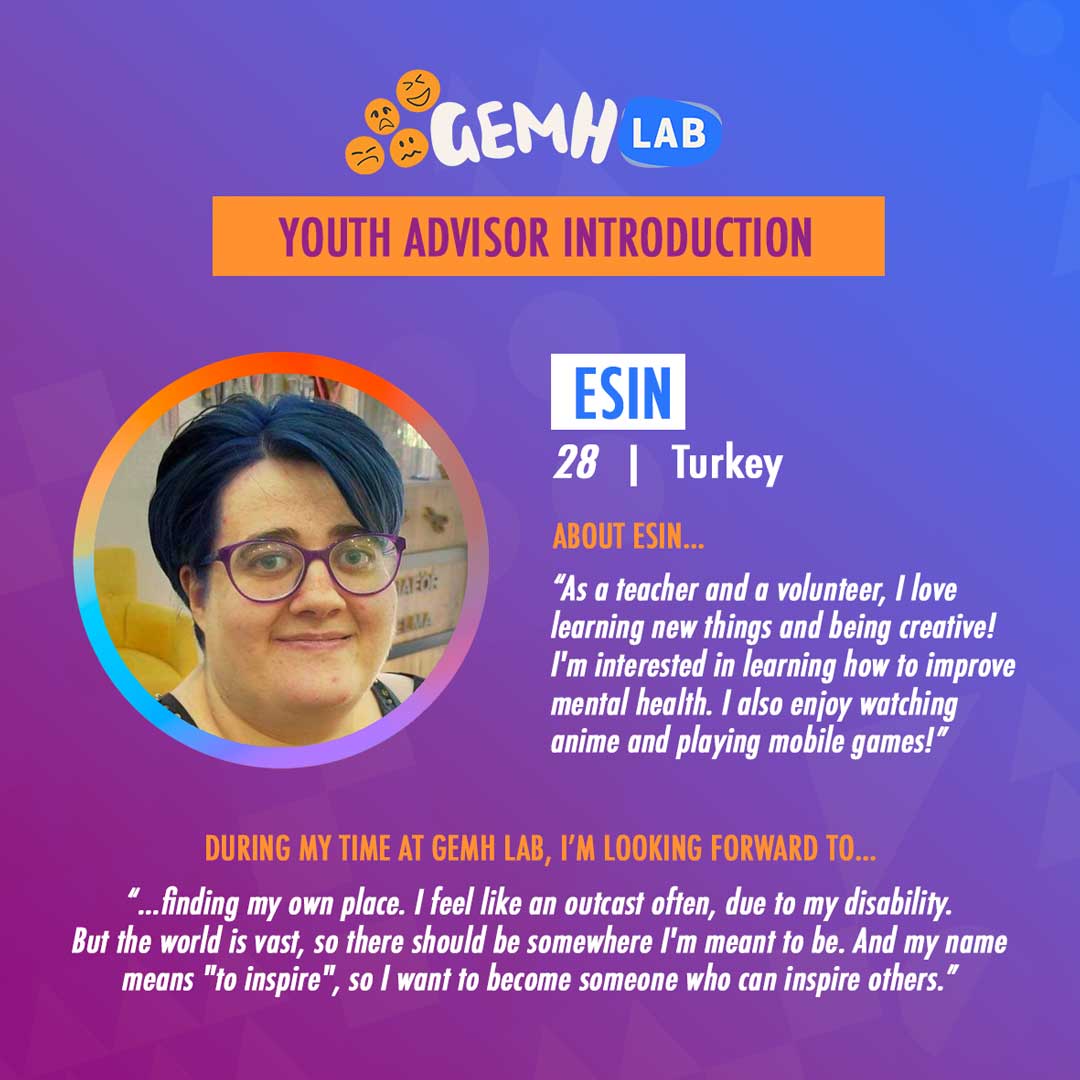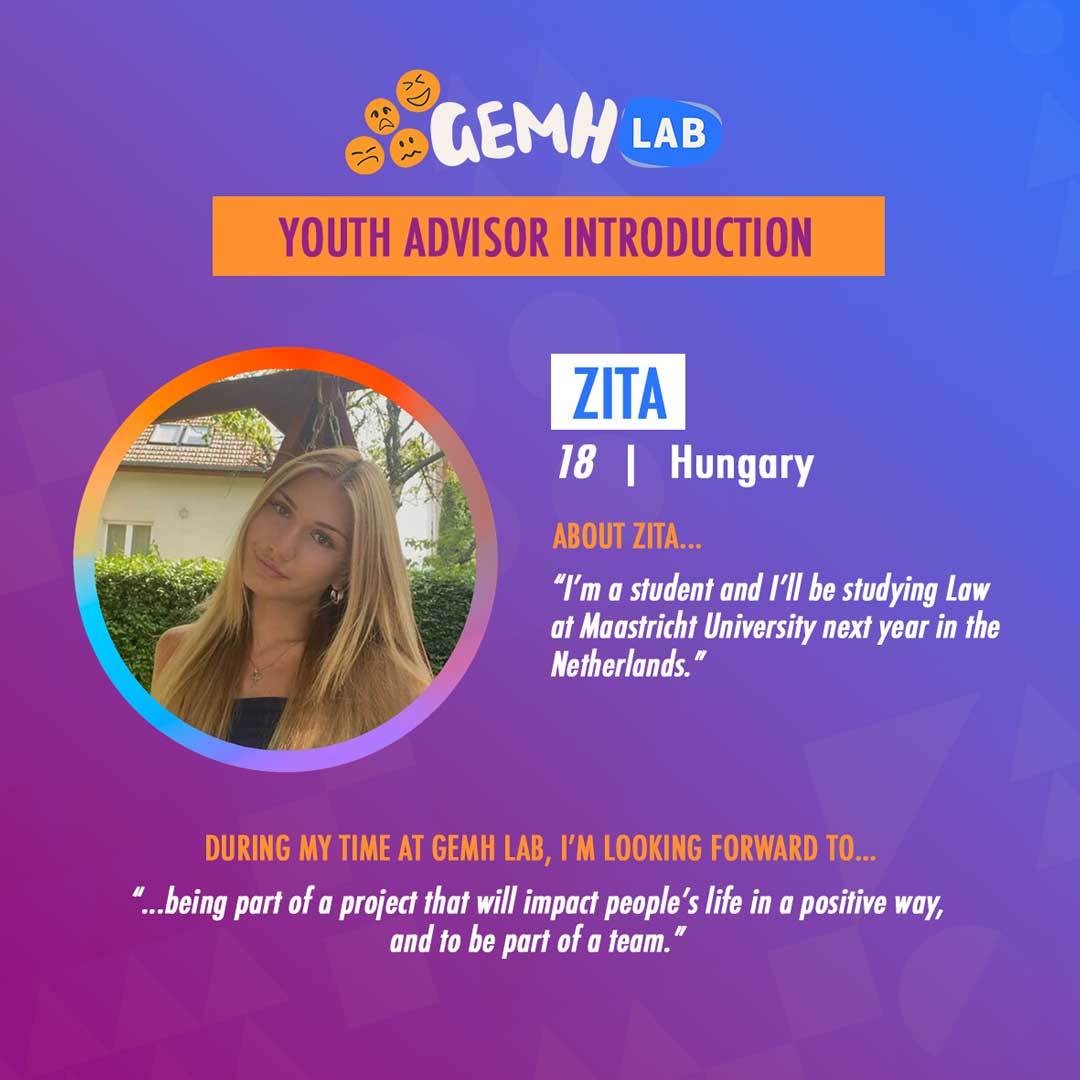A hectic, hybrid world
We are in the midst of a global transition in which digital “screens” are no longer simply entertainment devices and distractions; rather, young people are currently living in a hybrid reality that links digital spaces to offline contexts. There is a heated debate being played out within academia and society at large about the impact of “screen time” on young people’s mental health and wellbeing. This discourse is amplified across public media outlets, with headlines that scream for bans or restrictions on screen time, lest it cause the current generation of youth to become increasingly violent, addicted, depressed, anxious, and even suicidal. It is clear that the current generation of young people is growing up in a digital ecosystem unprecedented in its ubiquity and complexity.
From XCAVO to Echo
The past five years, our lab has endeavoured to dive into young adults' lived experiences around social media. Based on extensive research conducted by Nastasia Griffioen, we started XCAVO: a project meant to create a way for young people to reflect on their social media use and take back any relinquished agency if needed. In XCAVO, we gained many useful insights about the creation of new digital tools for young people, including the fine balance that needs to be struck between flow (and arguably lack of reflection) and reflection (and potentially being pulled out of an immersive experience).
Based on the lessons we have learned from XCAVO, we have formulated our next steps, and XCAVO is now reborn in a newly imagined approach to connection and reflection: Echo. This GEMH Lab project will take on a new shape to fit better with our insights regarding young people’s preferences and needs around social media and flourishing. Echo represents the new auditory nature of how we want to help young people reflect, not only on their social media use, but on any topic that is near and dear to their heart. Our focus groups have shown that young adults struggle to find moments of reflection and authentic sharing and connection with and to others. In Echo—intentionally omitting the ‘h’ to call to mind the airy ephemerality of wisps to represent vocal exchanges—we are now aiming to create a safe and pleasant space for young people to connect with friends or strangers around conversational prompts, developing asynchronous back-and-forth understanding of the self and others. With this new direction established, we have been working towards setting up a prototype of the conversational space that we want to build out in Echo.
Active listening: A boon for both giver and receiver
One important element of Echo will be stimulating young people to truly attend and understand each other through a process known as active listening. Active listening is a term used for a number of conversational features like paraphrasing and non-judgmental questioning with the potential of heightening connectedness, a sense of feeling heard, empathy and more. We will be exploring whether active listening carries beneficial effects for both the person who is actively being listened to, and the person who does the active listening.
Using these insights, Echo will become a tool that will stimulate interactive reflection with other youth, enabling them to share their experiences in an authentic and playful way. Through the process of collaborative audio-journalling, Echo will facilitate a return of the sense of agency and self-compassion around social media use, stimulate young people’s sense of identity, and promote overall wellbeing.
Our youth advisors
We are very grateful and excited to be joined on this project by four young people from different parts of the world, each with their own take on digital social connectedness. Danny, Gordon, Zita and Esin advise us and give feedback to ensure that Echo is and remains of true authentic relevance for young people.
 |
 |
 |
 |
Stay tuned!
We are knee-deep in design, development, and iterative testing of Echo. We look forward to sharing developments and being able to have people from all over the world participate in alfa-tests of our Echo prototypes, so stay tuned for updates!




